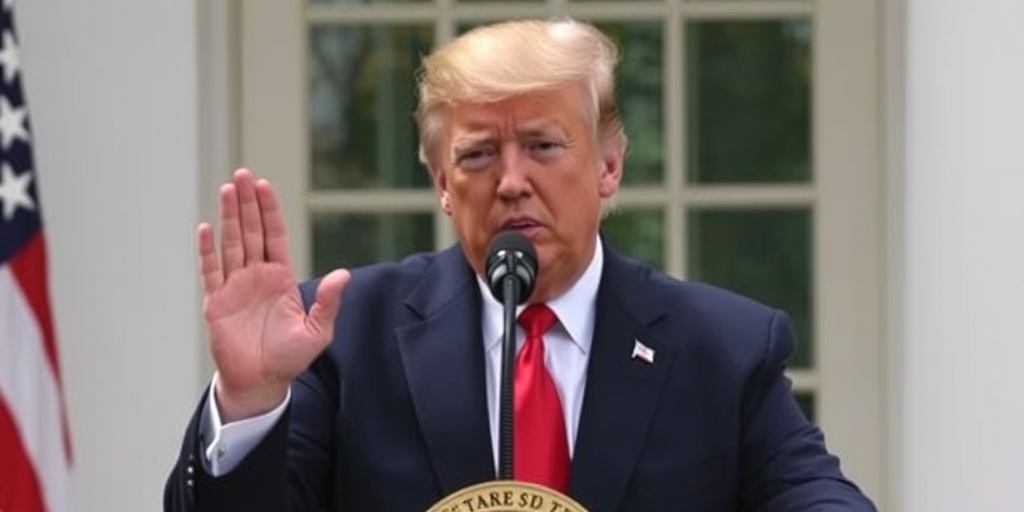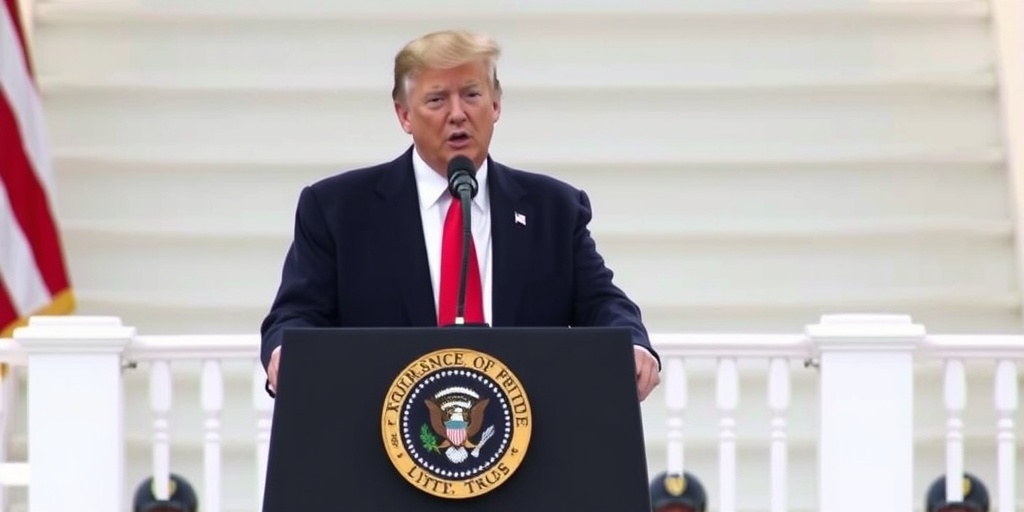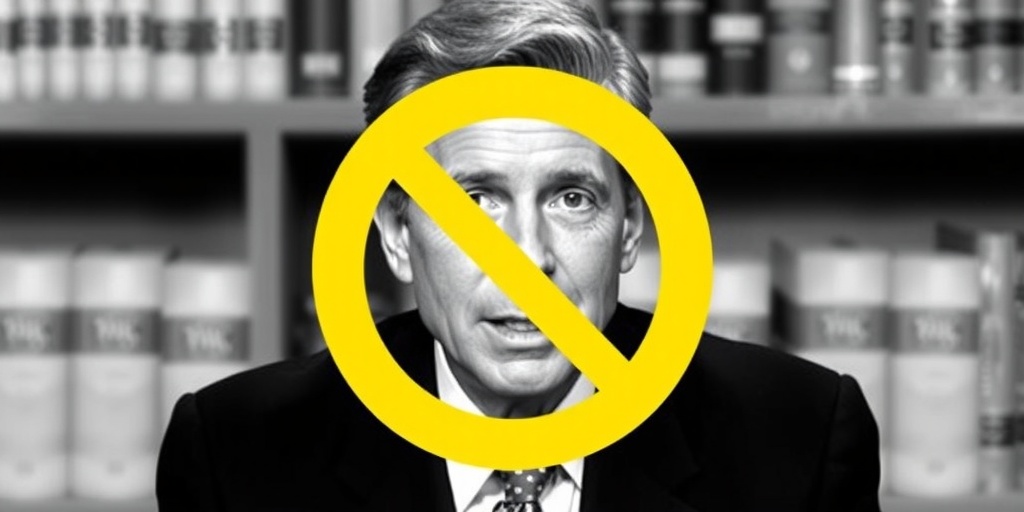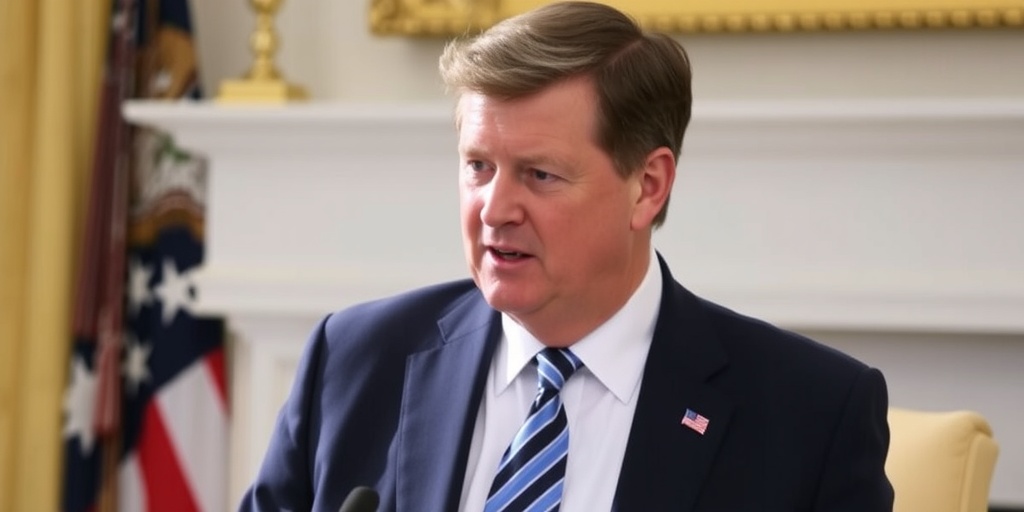Now Reading: Chronicles of Biden’s Presidency Amid the Trump Era
-
01
Chronicles of Biden’s Presidency Amid the Trump Era
Chronicles of Biden’s Presidency Amid the Trump Era
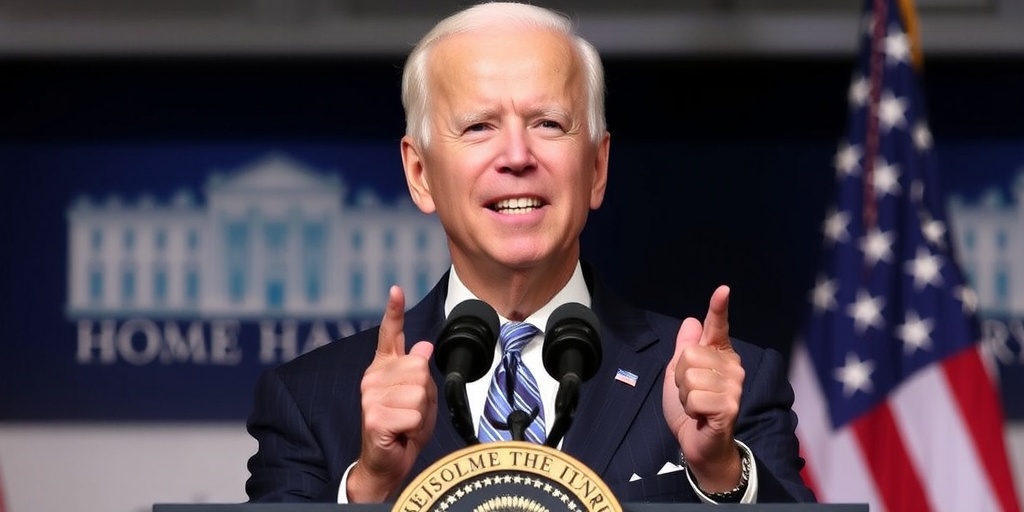
Title: Historians Gather to Assess Biden’s Presidency Amidst Trump’s Shadow
In a recent scholarly gathering at Princeton University, a group of 17 historians came together to take a closer look at President Joe Biden’s presidency, departing from the polarized opinions that currently dominate public discourse. The event, which aimed to provide an initial historical assessment of Biden’s time in office, was marked by thoughtful introspection and debate about the implications of his policies in the broader context of U.S. governance.
Biden concluded his presidential term with notably low approval ratings—around 40 percent—a factor that historically complicates a president’s legacy. In his farewell address, he expressed optimism for the future, stating, “It will take time to feel the full impact of all we’ve done together… the seeds are planted, and they’ll grow and bloom for decades to come.” However, the historians present sought to evaluate not just Biden’s achievements, but also the challenges and contexts that shaped his presidency.
The assembled historians submitted essays beforehand on a range of critical topics, including immigration, foreign policy, economic policy, the role of media, political polarization, and advancements in L.G.B.T.Q. rights. These contributions were edited for publication in a forthcoming book titled “The Presidency of Joseph R. Biden: A First Historical Assessment.”
The looming presence of former President Donald Trump, whose political shadow significantly affected the Biden administration, was an inescapable element of the discussions. Michael Kazin, a historian from Georgetown University, remarked, “Donald Trump is the most consequential political figure of the 21st century,” emphasizing Biden’s role as a product of this era of tumultuous political polarization. The conversations highlighted how the strength of Trumpism reshapes the metrics by which we evaluate Biden’s successes and failures.
The gathering provided a rich ground for exploring broad and nuanced questions. How do intentions weigh against tangible accomplishments? How does one assess a policy’s outcomes through the lens of public backlash? These inquiries sought to peel back layers of emotional partisanship, particularly in light of recent alarming events, such as the January 6 attack on the Capitol and Biden’s subsequent decision to withdraw from the 2024 race.
Many participants acknowledged the difficulty in separating personal opinions and collective desires from the tangible realities of Biden’s presidency. Reflecting on a similar 2016 gathering that had taken place after Trump’s election, the historians recognized the shifting landscape in which historical assessments are conducted—often colored by the emotions surrounding recent political upheavals.
Discussions ventured deep into the implications of Biden’s policies, addressing crucial issues like environmental policy, economic recovery, race relations, and civil rights. Some historians cautioned against hastily labeling the Biden presidency as a failure, particularly as Trump began to dismantle his initiatives upon regaining office. Joel Goldstein, a historian specializing in the vice presidency, articulated that while it may be tempting to portray Biden’s time as a narrative of continual shortcomings, a more nuanced view acknowledges significant achievements that often slip through the cracks of media coverage.
A notable aspect of the discussions was how Biden’s administration has been viewed as a marker in the longer arc of American political history. Key questions arose as to whether his presidency marks the end of an era defined by federal civil rights or simply the last breath of New Deal liberalism. As political scientists presented data illustrating that presidents with sub-50 percent approval ratings struggle more in shaping their historical narratives, they highlighted the precariousness of Biden’s legacy.
Biden’s administration faced numerous challenges, particularly in the realm of judicial decisions that often contradicted his policy initiatives. John Witt, a Yale historian, posited that, despite setbacks such as the Supreme Court’s rejection of affirmative action and blocking student debt relief, these challenges could also serve as an opportunity to realign party focus and consolidate support behind the remaining agenda. His viewpoints introduced a thematic thread suggesting that analysis of any presidency requires both an acknowledgment of failures and a recognition of prevailing patterns in governance.
A particularly potent topic of recent discussion was Biden’s approach toward race relations. Khalil Gibran Muhammad, from Princeton University, characterized Biden as "the first equity president," asserting that he devoted considerable resources to address systemic inequalities regarding race. Yet Muhammad pointed out that should backlash dictate the success of policies, many historical figures, including Abraham Lincoln, might be viewed unjustly.
The gathering culminated in discussions laden with emotional resonance as they reflected on the state of the Democratic party following Biden’s withdrawal from the 2024 race. Historians debated the implications of this decision and its roots in internal political dynamics, alongside speculations regarding Biden’s cognitive health and the potential concealment of related issues. These discussions underscored the emotional weight that the recent political landscape has placed on historical narratives.
As attendees parted ways, many acknowledged the uncertain future that would impact how Biden’s presidency is ultimately recorded in the annals of American history—especially in light of Trump’s formidable presence as he reasserts control over the GOP. Whether or not Biden was able to fulfill the promise of restoring a more democratic and less divisive political landscape remains open for interpretation and further scholarly exploration.
Stay Informed With the Latest & Most Important News
Previous Post
Next Post
-
 01New technology breakthrough has everyone talking right now
01New technology breakthrough has everyone talking right now -
 02Unbelievable life hack everyone needs to try today
02Unbelievable life hack everyone needs to try today -
 03Fascinating discovery found buried deep beneath the ocean
03Fascinating discovery found buried deep beneath the ocean -
 04Man invents genius device that solves everyday problems
04Man invents genius device that solves everyday problems -
 05Shocking discovery that changes what we know forever
05Shocking discovery that changes what we know forever -
 06Internet goes wild over celebrity’s unexpected fashion choice
06Internet goes wild over celebrity’s unexpected fashion choice -
 07Rare animal sighting stuns scientists and wildlife lovers
07Rare animal sighting stuns scientists and wildlife lovers













